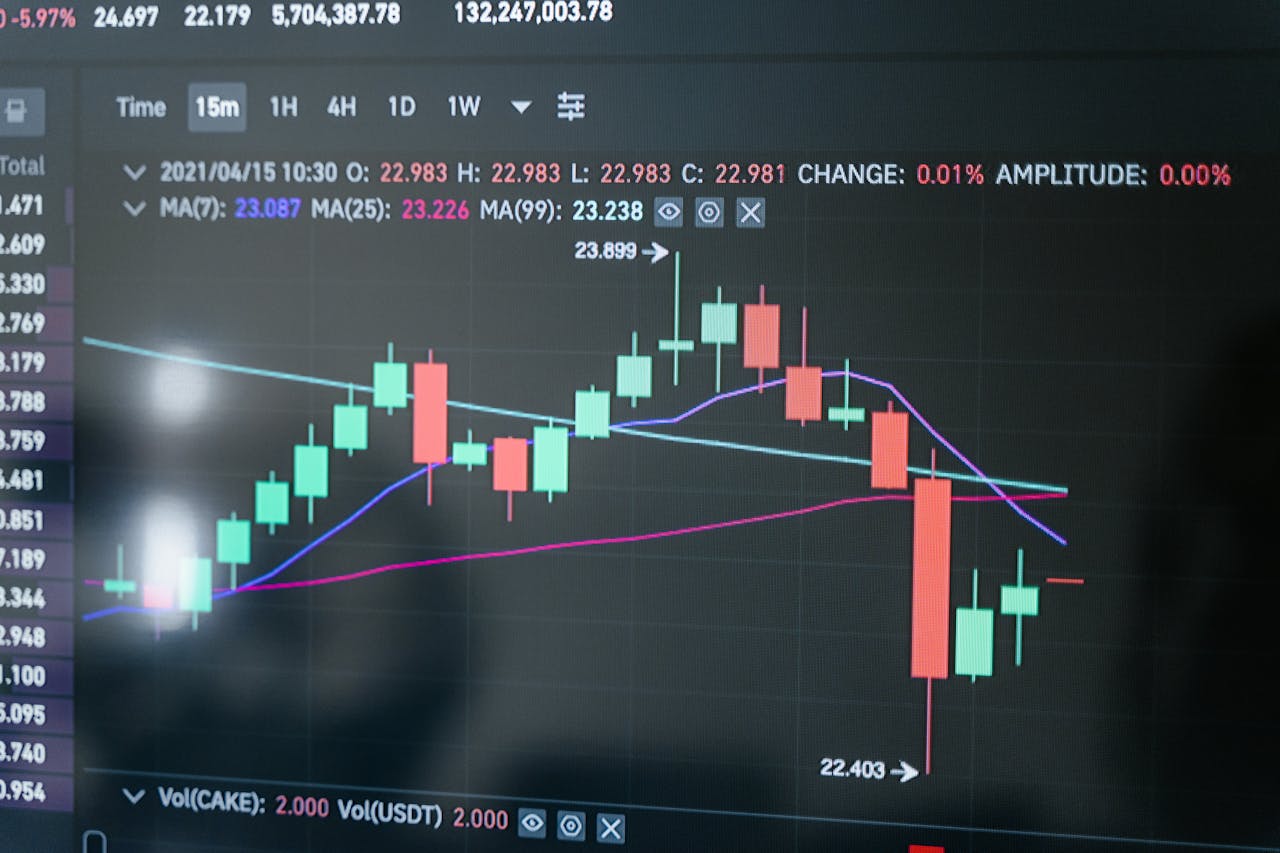The July Markets – Edward Downpatrick’s Comments on Recent Market Movements
Global stock markets have, with the exception of China, been less interesting of late. Never a nation to disappoint for polemics, a state-owned newspaper last week announced an impending bull market of rude health, triggering a rush of investors, at double the normal trading volume, to the tune of an almost 6% boost to Chinese shares. Whether gullible or straight real-politiking, those investors might have done well to hedge their positions against this week’s slide which was caused by state unease at the rapid rise and effected by two state-backed investment funds in intentional sell-mode to quell the market surge. Add to this the government’s warning of a crackdown on would-be borrowers from unauthorised lenders, abundant in China. The ultimate causes aside, readers would be forgiven for thinking that unless investors have the inside track on Chinese state machinations, very easily burned they can be.
The all-important German index, a bellwether of European and, albeit to a marginally-smaller extent, global appetite for consumption (being the continent’s largest exporter), maintained its steady if unexciting growth trajectory, but to what extent it will yet be rocked by scandal of the once darling and now defunct German payment processor and financial services provider, Wirecard, remains to be seen. European markets still managed to enjoy their highest levels in a month, however. The UK’s flagship index was buoyed by a mid-week rally, on further drip-through of the Chancellor’s stimulus measures, to keep it handily above 6,000. Having been jittery against the backdrop of gargantuan asset purchase programmes, the rumblings of Sino-American conflict, and the ever-present pandemic, non-Asian markets’ upbeat performances can be linked to promising progress on two vaccine candidates in the US, albeit against America’s own backdrop of reopened states having to tighten restrictions once more – this was what led to a swift drop-off in Asian markets. Further good news on a vaccine and a balanced approach to lockdown measures in the US will harken well for global supply chains and consumer confidence, the likely upshot of which is markets continuing their post-first-wave resurgence. Standing in the way of that more Edenic vision of a financial future is the quietly omnipresent risk of socio-political and intra-superpower rifts, ruptures, and revolution.
Last week’s markets performance*
• FTSE100: 3.17%
• Dow Jones: 1.83%
• S&P500: 0.50%
• Dax: 0.87%
• Nikkei: 0.52%
• Hang Seng: -2.81%
• Shanghai Composite: -4.88%
*up to close of play, Friday 17th July
UK housing and hospitality markets receive respective shots in the arm
To continue on an unusually brighter note for the UK, Chancellor Rishi Sunak, in his summer statement last week, despite refusing to extend the government’s furlough scheme past October (which ought to have its own positive effects), announced a stamp duty holiday until March 2021 for properties in the up-to-half-a-million category (≤£500k). Shares in homebuilders rose and a spike in home-buying activity might just be in the offing given new-buyer enquiries which, whether out of three-months of sheer frustration or something more meaningful than that, were close to historical highs in June as per RICS’, Royal Institute of Chartered Surveyors, Residential Market Survey of the second week of July. Reading further into the survey results, there has been a significant increase in properties being listed for sale, and the author would note from his Highland positioning the increase in enquiries from down south for properties for sale in this part of the world, not as second homes but as permanent relocations. Could this trend, thanks to a desire not to be stuck in a concrete jungle ever again and so too the technological easing of professional life by the likes of Zoom and co, prevail in other non-urban areas of the British Isles? Despite the renewed confidence in the housing market, some analysts predict roughly 5% falls in house prices by the end of the year, owing perhaps to a glut of supply.
The hospitality, holiday accommodation, and tourist attraction brigade also received a much-needed reprieve, after an inert few months, in the form of a VAT holiday. The temporarily-reduced rate, from 20% to 15% for qualifying businesses, will apply to supplies that are made between 15 July 2020 and 12 January 2021. With Britons, albeit for now, shy of their shackles and freer to consume at and away from home, expect a pre-second-wave (should it, as many experts predict, materialise towards the end of this year) boost to UK equities.









